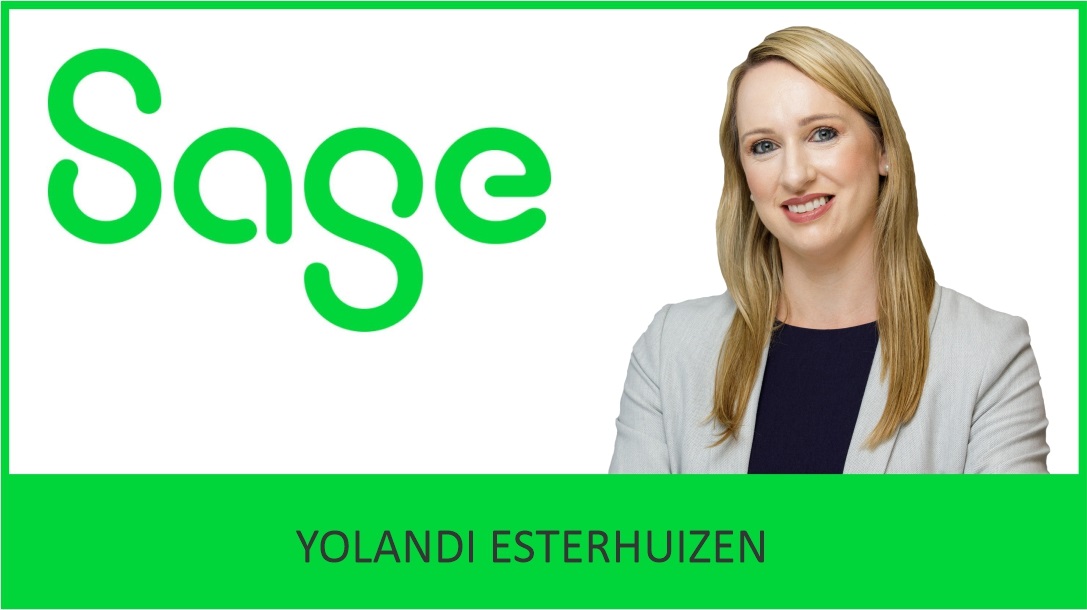Yolandi Esterhuizen, Director: Product Compliance, Sage Africa & Middle East & Registered Tax Practitioner
The third version of South Africa’s budget has granted the South African Revenue Service (SARS) R7.5 billion over the next three years to improve its effectiveness in collecting revenue and to modernise its systems. South African Minister of Finance Enoch Godongwana has, as such, mandated the tax authority to address the gap in government finances by addressing revenue leaks.
This means that we can expect to see SARS become even more aggressive about identifying and pursuing non-compliant taxpayers in the months to come. With tax regulations constantly evolving, and penalties for non-compliance on the rise, it’s more important than ever to stay financially organised all year round. Here are some steps you can take to keep your small or medium business compliant, efficient, and financially healthy.
1. Commit to year-round readiness
The best way to stay on top of financial and tax administration is to prepare throughout the year—not just at the times of the year that statutory submissions are due. Make time each month to provide the information your accountant needs to reconcile your business accounts and submit returns on time. Your accountant can give you a checklist to follow. Staying organised will make tasks like VAT submissions and year-end reports easier to manage.
2. Keep track of key deadlines
Each SMB needs to file a range of statutory returns each year. Mark the important deadlines on a calendar. Create reminders and a progress chart for the more time-consuming and complex tasks, such as annual financial statements. Some of the important dates to mark include:
- provisional and annual company income tax return submissions
- annual financial statements
- VAT submissions
- monthly, interim, and annual Pay-as-you-Earn (PAYE) reconciliation submissions
3. Strengthen your accounting processes
Your accounting data is the source of financial truth in your business. In addition to helping you comply with your tax obligations, it enables you to track and improve financial performance. You can work closely with your accountant to develop financial processes that give you real-time insight into your financial position:
- Review financial records and documentation regularly. Ensure that invoices and receipts are correctly filed, and all transactions are properly recorded. This helps avoid errors, supports audit readiness, and makes life easier for your accountant.
- Keep track of cash flow. Ensure that your invoicing is timely, follow up on overdue payments, and consider setting aside a portion of revenue each month for tax liabilities. Strong cash flow helps you avoid penalties for late payments or needing to borrow money.
- Use smart accounting tools. Cloud-based accounting solutions can automate a lot of your financial administration, reduce the risk of manual errors, and give you real-time access to your business’s financial position. With built-in compliance for local tax laws and automatic updates, these tools make it easier to stay ahead of changes in tax legislation.
4. Stay one step ahead in payroll
Smooth payroll processes can save time and money for your business, as well as contribute to employee satisfaction. There is more to it than paying people on time each month and submitting the tax returns. Here are some practical tips to stay compliant and boost efficiency.
- Stay informed about changing payroll legislation. Keep up with changes to PAYE, UIF, SDL, ETI, and other payroll-related regulations. These adjustments can affect your monthly calculations and employer obligations. Your accountant or payroll provider can help you interpret and apply the changes correctly.
- Review and update employee records. Make it part of your quarterly or bi-annual routine to verify that employee information is accurate and up to date. This includes contact details, tax numbers, banking information, and leave balances.
- Embrace cloud-based payroll systems. Cloud payroll software helps automate calculations, ensures up-to-date compliance with tax laws, and reduces administration. It also enables quick access to reports, simplifies submissions to SARS, and integrates easily with accounting systems.
- Enable employee self-service. With self-service functionality, employees can access payslips, submit leave requests, and update personal details without involving HR. This reduces the workload for your payroll team and improves accuracy by reducing the need for manual data entry.
Tax compliance doesn’t need to be hard
Tax compliance doesn’t need to be stressful or complicated, especially with automated processes in place. If you have questions about tax administration, speak to an accountant to fill in the blanks. With a bit of planning and the right systems, you will always be prepared for your important tax deadlines and keep operations running smoothly.
ENDS
























































































